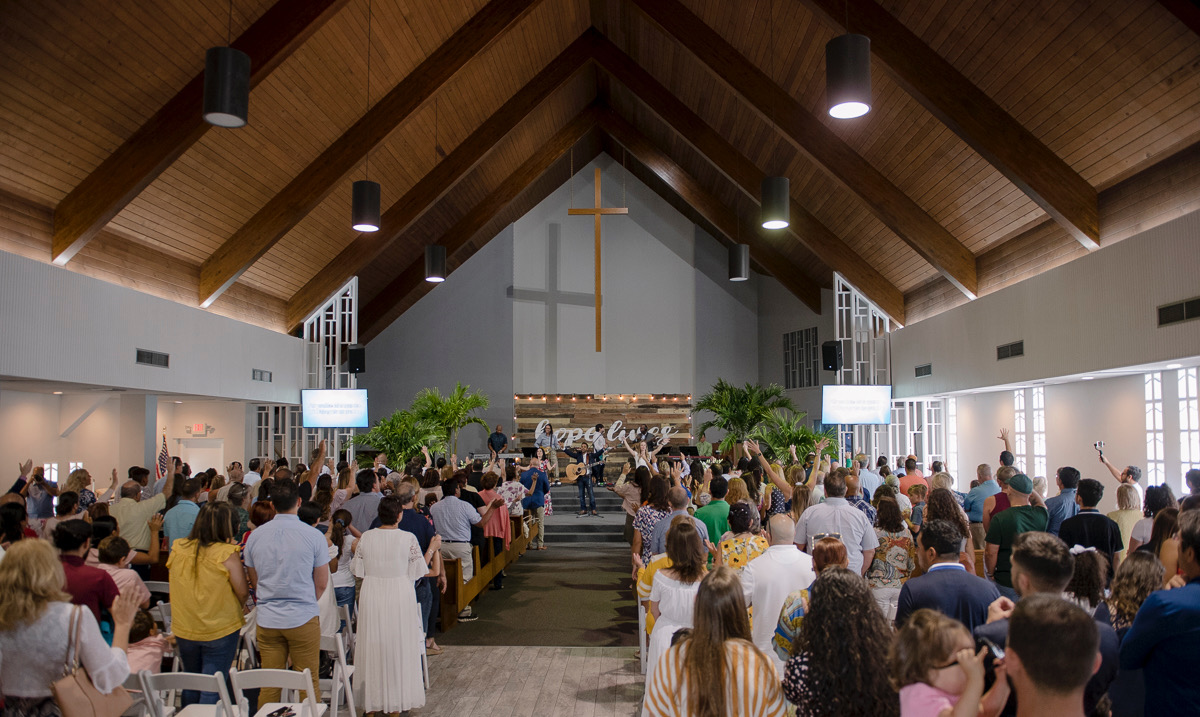“And he told them a parable to the effect that they ought always to pray and not lose heart.”
I’m just finishing up Naked Statistics: Stripping The Dread From The Data, by Charles Wheelan, a surprisingly insightful, interesting, and funny book. Why would I read that? Well, stats have intimidated me since my doctoral work and I’m tired of being pushed around by numbers!
Near the end of his work, Wheelan discusses “controlled experiments.” It’s what sets apart brilliant researchers. For instance:
“Will going to Harvard change your life?” or
“Does putting more police officers on the street deter crime?” or
“Do prayers offered by strangers improve postsurgical outcomes?”
Wheelan’s analysis is interesting.
Reasonable people have widely varying views on religion, but a study published in the American Heart Journal conducted a controlled study that examined whether patients recovering from heart bypass surgery would have fewer postoperative complications if a large group of strangers prayed for their safe and speedy recovery. The study involved 1,800 patients and members of three religious congregations from across the country. . . . The congregants were given latitude in how they prayed, so long as the prayer included the phrase “for a successful surgery with a quick, healthy recovery and no complications.”
And? Will prayer be the cost-effective solution to America’s health care challenges? Probably not. The researchers did not find any differences in the rate of complications within thirty days of surgery for those who were offered prayers compared with those who were not.
Praying folks will find plenty to pick apart in that research. Even the New York Times summarized, “Experts noted the study could not overcome perhaps the largest obstacle to prayer study: the unknown amount of prayer each person received from friends, families, and congregations around the world who pray daily for the sick and dying.”
Two misconceptions stand out in light of this research and Jesus words in Luke 18.
Misconception #1 — The more people who pray, the more likely God will answer.
It seems to that some feel if they can somehow mobilize a prayer army — say, all their Facebook friends, they can more effectively bend God’s will. By all means, encourage others to pray with you and for you. But the Scriptures are replete with one-person prayer armies: Moses, Gideon, Hannah, and the widow of Luke 18 come to mind. And don’t forget Jesus! (Mark 1:35, Luke 22:39). When it comes to prayer, more is great, but not necessary. You can be an army of one.
Misconception #2 — God will/should answer on my timetable.
Not so. I simply cannot put God on a timetable — in sickness or in health. I turned to Frédéric Godet, my old, old, OLD spiritual mentor to see what he had to say. His words from 1893 are ones I need to hear:
But is there not a very close correspondence between the duty of persevering prayer, and the danger which the Church runs of being overcome by the carnal slumber which has just been described in [Luke 17]? The Son of man has been rejected; He has gone from view; the masses are plunged in gross worldliness; men of God are become as rare as in Sodom. What is, then, the position of the Church? That of a widow whose only weapon is incessant prayer. It is only by means of this intense concentration that faith will be preserved. But such is precisely the disposition which, Jesus fears, may not be found even in the church in his return. [Our duty is] unceasing vigilance and prayer.
Amen to that! When things get tough, don’t bail out. Never underestimate the power of persevering prayer.
Yesterday, I received such an encouraging text (and picture) from my friend, Matt Dubocq. It said,
“350!! Hope Chapel is happening — thanks a lot to SRC.”
I was thrilled. You have to know the history of Hope Chapel Miami to appreciate that line. Matt started with a handful of people worshiping God in that very same building — and has persevered for years. Had he prayed expecting God to work immediately, he would have quit a LONG TIME ago. But people of God persevere in faith, in prayer, in life — no matter the latest research or breaking news!
When it comes to prayer, you can be an army of one. Where do you need to persevere in prayer?
Notes:
“Reasonable people have widely varying views . . .” from Naked Statistics: Stripping The Dread From The Data, by Charles Wheelan. New York: W.W. Norton & Company. 2013. Page 229.
“But is there not a very close correspondence between the duty of persevering prayer . . . “ from A Commentary On The Gospel Of Luke by F. Godet. Vol 2. Edinburgh: T & T Clark. 1893. Page 201,


